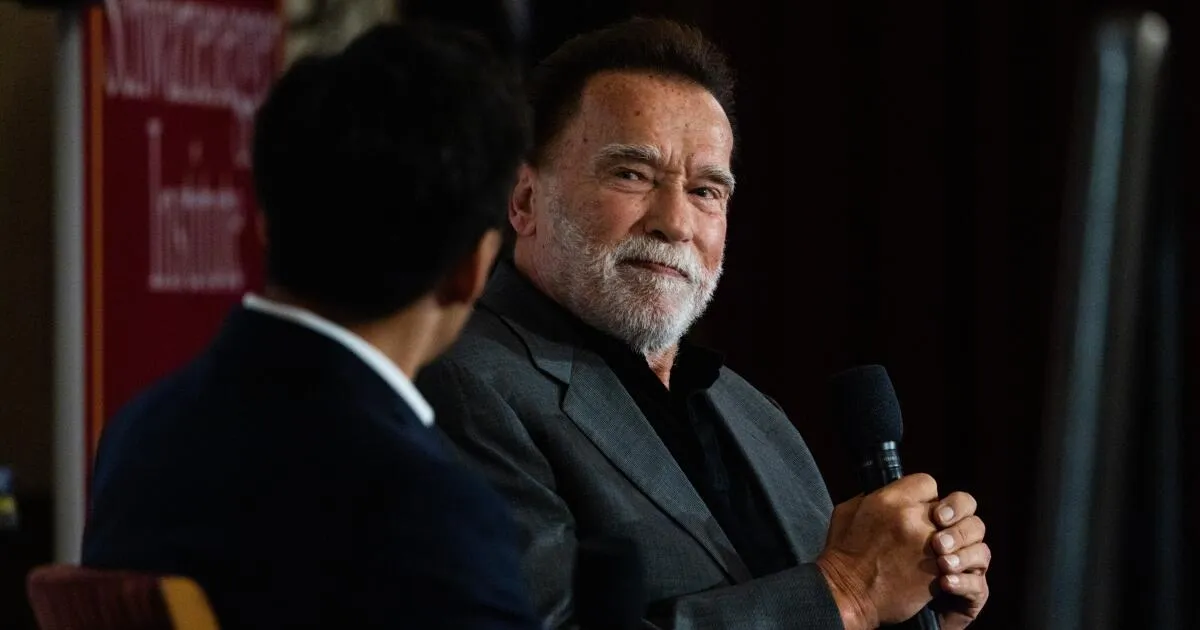
The recent approval of Proposition 50 by California voters has escalated Republican infighting within the party, creating a rift that could severely impact the GOP's grip on Congress and jeopardize President Trump's agenda. The Democratic-favored redistricting plan marks a critical shift in the political landscape, prompting calls for accountability and leadership changes among state Republican leaders.
In the wake of the election results, state GOP chairwoman Corrin Rankin faced mounting pressure to resign. Former Governor Arnold Schwarzenegger, who was instrumental in establishing California's independent redistricting commission, was labeled “cowardly” by a prominent GOP leader for his lack of involvement in the campaign against the measure. The Republican-backed committees that opposed Proposition 50, which spent nearly $58 million, faced scrutiny regarding the effectiveness of their expenditures following such a disappointing outcome.
Former House Speaker Kevin McCarthy, known for his fundraising prowess, had previously pledged to raise $100 million for the opposition but instead managed to deliver only a fraction of that amount. Assemblyman Carl DeMaio (R-San Diego), a vocal critic within the party, urged Rankin to step down and criticized other Republican leaders for their role in the failure of the ballot measure. DeMaio described them as “derelict of duty” and called for a reckoning within the party, stressing that without significant changes, the upcoming midterm elections could lead to disaster for the GOP.
Rankin defended the party's efforts, highlighting that the state GOP was the most active Republican organization in the final days leading up to the election. She reported that the party raised $11 million in the last three weeks, which was allocated towards mailers, digital advertising, and grassroots organizing efforts. “We left it all on the field,” Rankin asserted during a Sacramento press conference, addressing criticisms of disorganization and promising a post-election review of their strategy.
With the implementation of Proposition 50, the newly drawn congressional districts are set to favor Democratic candidates in the upcoming 2026 elections. This shift could potentially unseat five Republican incumbents, endangering the GOP's slim majority in the U.S. House of Representatives. If Democrats regain control, it may halt Trump's policy initiatives and open the door for congressional investigations into his administration.
Proposition 50 was proposed by California Democrats, including Governor Gavin Newsom, in response to Trump suggesting that GOP-led states redraw congressional districts to favor Republican candidates. The measure aims to override the map established by the state's independent redistricting commission, which was created to combat partisan gerrymandering.
Some Republicans expressed disappointment regarding Schwarzenegger's limited engagement during the election, despite his previous advocacy for independent redistricting. Shawn Steel, a representative on the Republican National Committee, criticized him for not taking a more active role in opposing Proposition 50. Schwarzenegger's team countered that his stance was clear from the outset, focusing on delivering a non-partisan message rather than participating directly in the campaign.
The financial disparity between the supporters and opponents of Proposition 50 was significant, with proponents contributing nearly $136 million to their campaigns. In contrast, the Republican opposition struggled to match this spending, which was compounded by the Democrats' overwhelming advantage in California voter registration. As a result, Proposition 50 garnered nearly 64% support from the 8.3 million voters who participated in the election.
The fallout from Proposition 50's approval highlights deep divisions within the Republican Party in California. As party leaders grapple with the implications of this redistricting measure, the need for accountability and strategic restructuring becomes increasingly apparent. With the 2026 elections on the horizon, the GOP must address its internal conflicts to avoid further setbacks.